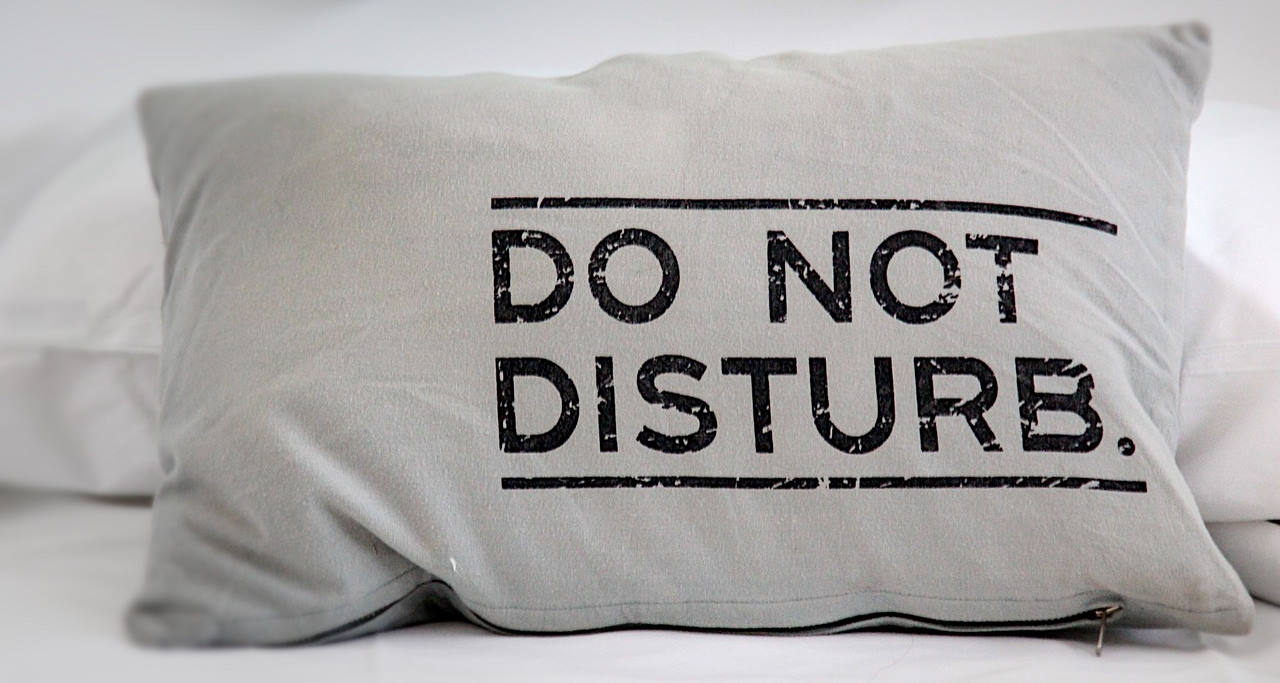
You move away from your conscious thoughts, and find a disconnection from your surroundings. By following hypnosis techniques, you can begin to unburden the mind of its worry. Relax Mentally: The hypnotic state, much like meditation, is a state of heightened awareness and focus.Under hypnosis, the body is wholly relaxed through breathing and focus techniques. Relax Physically: Hypnosis, in general, provides steps for relieving tension in the body, relaxing muscles and achieving that feeling of heaviness in the body.In particular, a sleep-promoting hypnotherapy program helps you:

Sleep hypnosis for insomnia provides a framework to help our minds turn off, allow our bodies to reach a relaxed state, and ultimately, to push us from hypnotic trance to sleep. These thoughts race and race, and they get stronger and stronger throughout the night. However, we're often kept awake by our internal dialogues. However, many other factors exist like allergies, asthma, or even a change in routine. Numerous causes could be fueling your struggle to sleep.įor example, anxiety and stress – which hypnosis can help to improve - impair your ability to “shut off” the mind before bed. How Does Hypnosis for Insomnia Help You Fall Asleep? If you want to try it, follow this short guided hypnosis for insomnia session:

In fact, hypnosis for insomnia has been shown to lead to deeper sleep, help people fall asleep faster, and reduce nighttime wakefulness.

Overview: Hypnosis can be a powerful tool for sleep disorders.


 0 kommentar(er)
0 kommentar(er)
